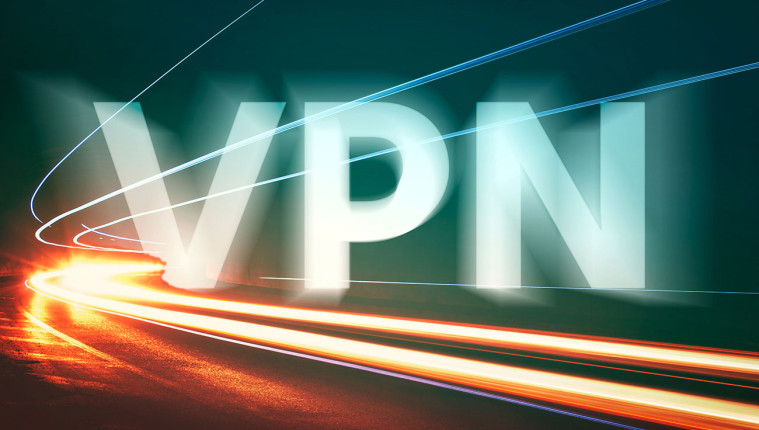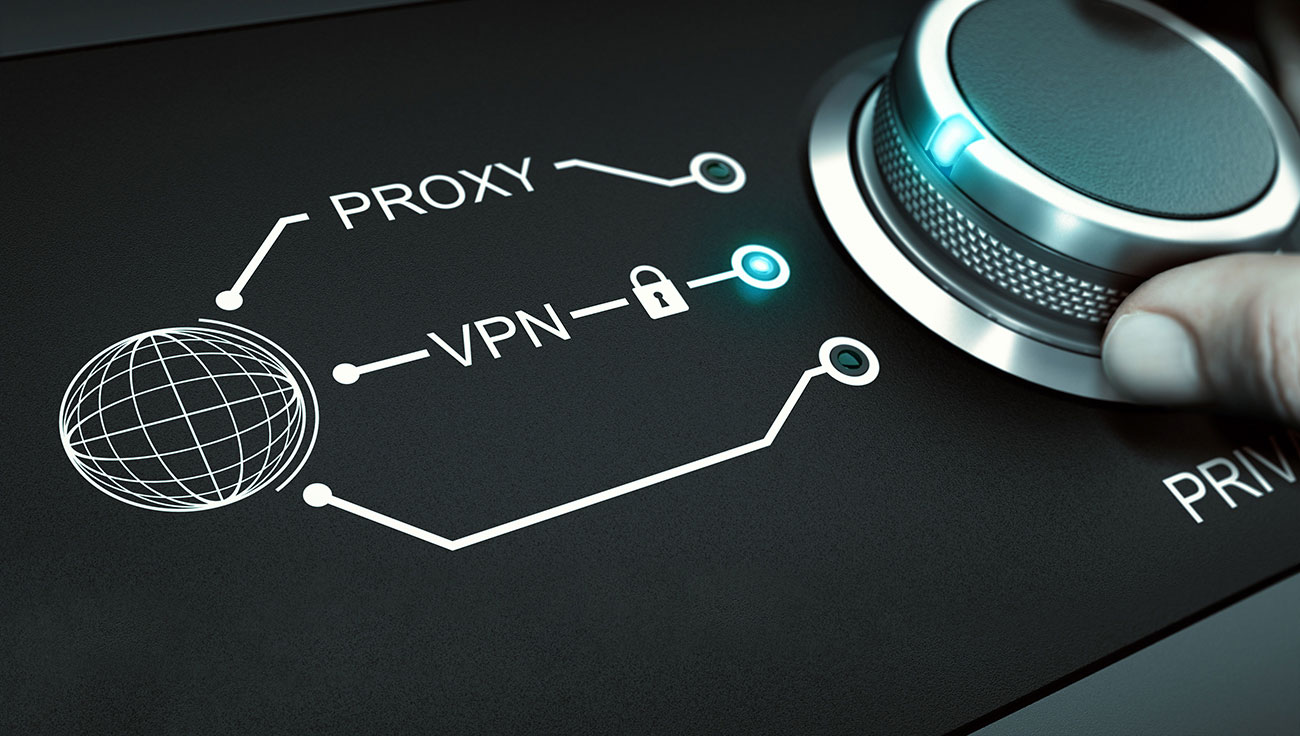More people working from home means more information shared online – so creating an encrypted tunnel via a virtual private network (VPN) seems prudent. As an IT Manager, you probably know all about it. However, that might not be the case for your boss, who controls the budget. If your CEO is lacking the time to understand why some security measures for IT infrastructure are necessary, read on. Here are some basic arguments for investing in a VPN solution that might save you some endless debates.
Reason 1: IT admins can’t control all the employees all of the time, but the VPN can
Any kind of wireless network can be a target for malicious actors, whether your employees are working on their local coffee shop’s Wi-Fi, using the airport internet hotspot to check on their airline seats, or just browsing the internet on any other public Wi-Fi connection. With a VPN, you don’t have to worry if someone tries to log into a false “free” Wi-Fi network, because the VPN encrypts the internet traffic, which makes their otherwise insecure Wi-Fi connection secure from eavesdropping.
For example, imagine a free Wi-Fi network that pretends to belong to a coffee bar, such as Joe’s Coffee, and is called something like Joescoffee_spot. It sounds pretty innocent, right? However, this Wi-Fi network that appears to be legitimate is actually fake, and could steal your company's data from your employees if they try to use it to connect to the internet. Cybersecurity experts call it an “evil twin”.
Reason 2: It's a way to avoid uninvited guests and to protect your data
Another threat your business needs to be protected against is the man-in-the-middle (MitM) attack, during which hijackers can intercept communications between two participants – for example, between you and your internet banking site, a MitM attack intercepts your login and authentication information. In this case, the hackers can hijack the data between the server and the client who is sharing data. And they might show you their own version of the website, adding their own messages. This action can thereby stay undetected and can later be used for fraudulent or nefarious purposes. Installing a VPN will make a MitM a whole lot more difficult, assuming proper implementation.
Reason 3: A secure connection lowers the chance of getting hacked
The VPN adds an extra layer of protection to your online activities. It allows you and your co-workers to connect securely and remotely to a private network. And if you combine this form of protection with an antimalware solution and a properly configured firewall, you can run your business with equanimity. Getting hacked would also mean losing money – caused by loss of critical data for your business, damaged IT systems, regulatory penalties or by taking time to deal with damages. But when using cybersecurity prevention measures, chances of getting hacked are lower, so you are almost certainly saving money in the long term.
There have been passionate debates on the internet about the pluses and minuses of VPNs. The problem is when you decide to choose free VPN providers, because with free VPNs, you might actually be "paying" for them because these services may sell your activity data. Or if you expect the VPN to protect your data. According to vpnMentor, seven providers of free virtual private networks who claimed that they don’t keep any logs of their users’ online activities recently left 1.2 terabytes of private user data exposed to anyone who came looking. The data, found on a server shared by the services, included the personally identifiable information (PII) of as many as 20 million VPN users. So choose your VPN carefully – the threat of cyberattacks is ever-increasing, so you need all the protection you can get!



